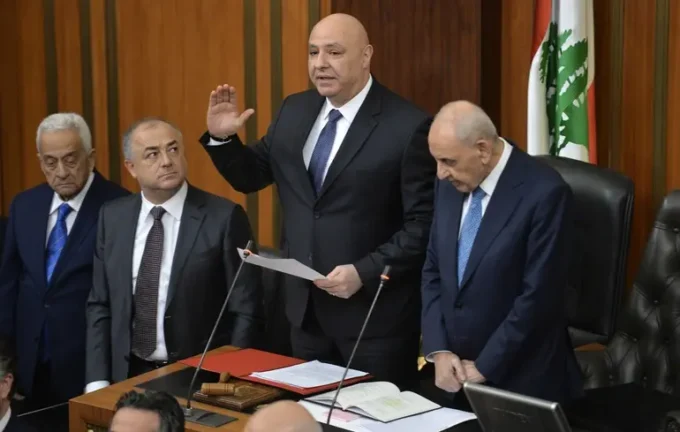Lebanese President Calls for Hezbollah Disarmament Amid Escalating Diplomatic Pressure

In a tense political and security climate in Lebanon, key national actors are returning to the critical debate about the future of arms control within the country.
President Joseph Aoun publicly appealed on July 31 for Hezbollah and other political factions to transfer their weapons to the national army.
This move aims not only to respond to international calls for disarmament but also to stabilize a nation still facing internal and external threats.
During a televised address from the Ministry of Defense, Aoun emphasized that all political elites should seize this historic opportunity to reinforce the state's monopoly on the use of force.
"Only the army and security forces should hold weapons, and no one else," he asserted.
Meanwhile, Hezbollah, which suffered significant casualties during last year's conflict with Israel, rejects the disarmament demands, accusing them of serving Israeli interests.
Hezbollah leader Sheikh Naim Kassem dismisses the US-led pressure and states that calls to surrender weapons are effectively calls to hand them over to Israel — claiming his group will not comply.
American pressure on Beirut intensifies, as Washington seeks an official government decision to disarm Hezbollah to pave the way for renewed negotiations aimed at de-escalating the ongoing conflict.
Sources indicate that a proposal to be discussed next week in cabinet meetings includes stopping Israeli shelling of southern Lebanon, withdrawing troops from those positions, transferring weapons to the Lebanese army, and increasing international support, including a planned conference later this year to bolster rebuilding efforts.
Hezbollah previously expressed readiness to discuss its arms with Lebanon’s president, conditional on Israel’s troop withdrawal from southern Lebanon and cessation of attacks.
The diplomatic stakes are high, with Israel warning Hezbollah against entangling itself further with Iran-backed factions, as tensions threaten to escalate into wider conflict.
The US proposal also includes an annual contribution of $1 billion over ten years to support the Lebanese army and security services, aiming to strengthen internal stability and regain control over arms within national jurisdiction.
Analysts suggest these measures are attempts to curb armed group influence and foster lasting peace, but the path remains fraught with uncertainties.
The situation remains central to regional stability, as efforts to broker compromise continue amidst complex geopolitical dynamics.

